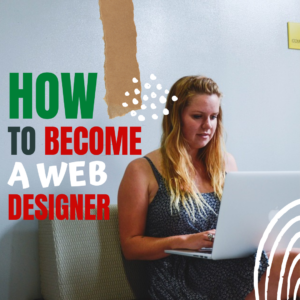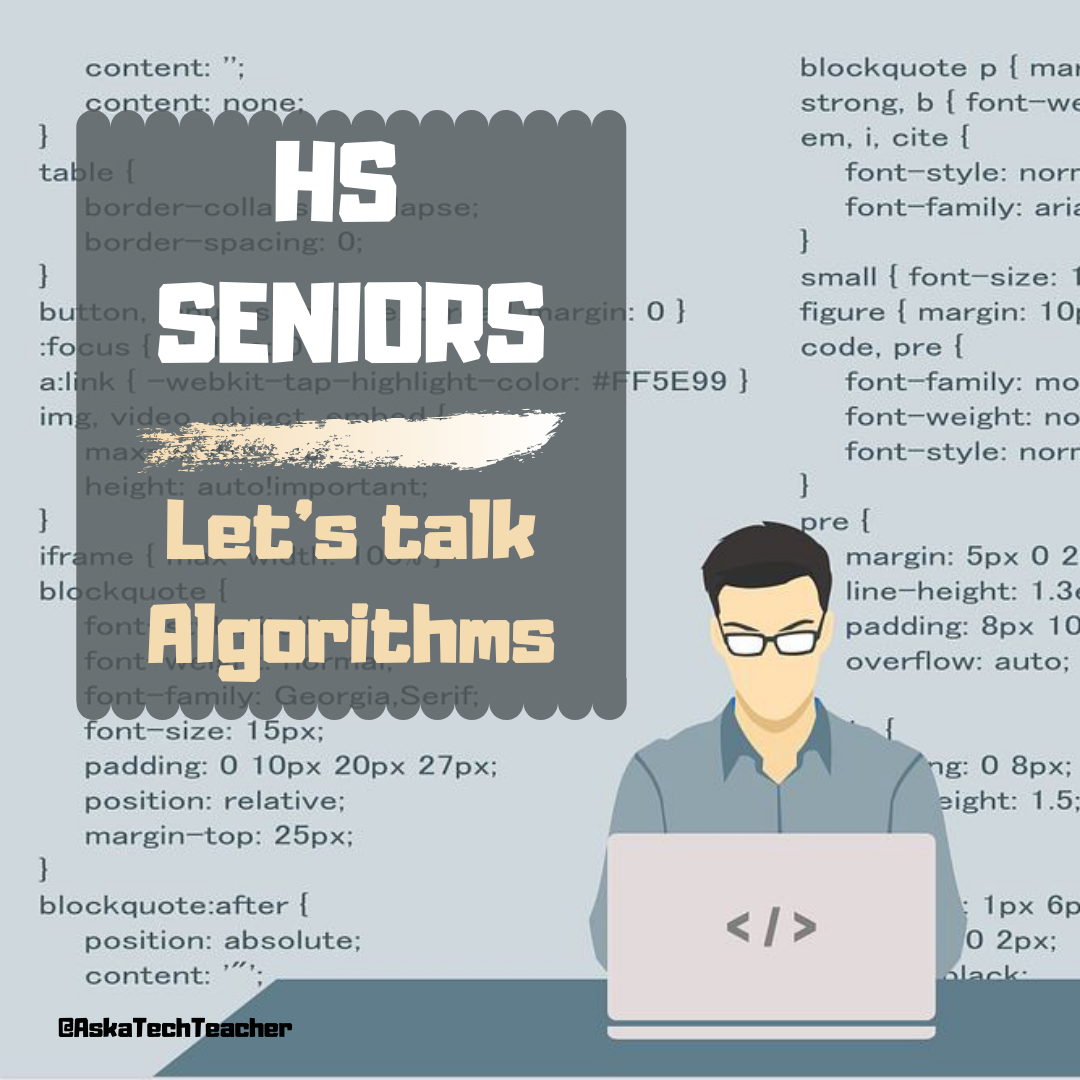As High School seniors prepare to graduate, many will choose something about computers for their job or continued studies. There’s no greater excitement than being part of the team that puts a face on the internet with web design. Here’s a great overview of that field from a school that prepares students for this future job:
How do I become a web designer?
 Many of our older students are now considering what careers they wish to pursue. Some will decide to work locally while some will either choose to study locally or abroad. With information technology playing an integral role in all our lives and with even the smallest of businesses having a website, we have seen an increasing trend in the number of students who wish to become web designers. Of course, this has become a complex field with lots of competition, even when qualified.
Many of our older students are now considering what careers they wish to pursue. Some will decide to work locally while some will either choose to study locally or abroad. With information technology playing an integral role in all our lives and with even the smallest of businesses having a website, we have seen an increasing trend in the number of students who wish to become web designers. Of course, this has become a complex field with lots of competition, even when qualified.
As a international school in Bangkok, we always encourage pupils to follow their dream careers and seek employment in something that they enjoy. As part of our role as educators, we must prepare students for what to expect in the world of work. In particular, our HS students often need guidance about how to begin their journey, and our careers team are always available to make suggestions and offer help as required. In this article, we will look at what is necessary to become a web designer upon leaving school.
What is the role of a web designer?
Web designers conduct work on various types of website, either for themselves, the company that they work for or for their own clients. It can cover a broad range of topics from relatively simple blogger sites to complicated e-commerce websites with multiple landing pages and sometimes hundreds of thousands of products. However, the role also involves other aspects, aside from the technical points, and this can often go overlooked.
A web designer will need to meet clients to establish what they require for their site. It will include gaining an insight into their business, their objectives and their client base. From here, it is the designer’s job to formulate a plan, showing the structure of the website, including choosing text, background and colour schemes. In some cases, the web designer may be asked for their advice regarding branding and the inclusion of multimedia.
After the site has been completed, the web designer will conduct thorough testing and once complete, upload the site to a server, from where it will be available to the public. Some clients may ask the web designer to work with them on an ongoing basis, managing the site, and uploading fresh content.
What do you need to become a web designer?
Although no formal qualifications are required when embarking on your journey, it is advisable to have undergone some formal training in web design and programming. Many schools offer this option as part of the curriculum, but if not, there are courses available online where you can gain accreditations as well as certificates on completion.
When you prepare to enter the workplace, many companies will require evidence of work that you have done in the past. It could include school projects, projects completed online or live websites. Of course, having this information available on a DVD which you can show potential employers is advisable. If you think that you need to gain more experience, you could consider internships or alternatively, volunteering in some capacity.
Programming and coding skills
It will be expected that you have a good understanding and working knowledge of HTML as well as proof of having written web pages in a variety of other codes. Again, to some extent, this will have been covered in IT courses at school, but you may wish to broaden your knowledge with additional training. Employers will also look favourably on candidates who have a working knowledge of these design and programming tools:
- WordPress
- Photoshop and Dreamweaver
- Javascript
- CSS
- Different .net frameworks
Often schools and colleges offer courses in these topics, but they are usually extracurricular classes and don’t form part of regular lessons. Again, if this is something that isn’t available to you, online tutorials and resources are abundantly available.
Professional qualifications
Although we have said that no formal qualifications are required to begin life as a web designer, they are evidence that you have a level of working knowledge. Assuming that you wish to gain UK based qualifications; we would advise taking some of the following courses:
- Level 2: Award in Creating a Website
- Level 2: Certificate in Interactive Media
- Level 2/3: Diploma in Creative iMedia
- Level 3: Diploma in Information Technology (Specialist)
- Level 3: Diploma in IT Users Skills
You could also consider any other formal, professional qualifications that are offered by reputable institutions. Look for courses in website design and/or development, anything multimedia or digital media related as well as interactive computing. Which course you choose to follow may relate to your personal interests, so speaking to career advisor would be beneficial.
What personal skills are required?
As we touched upon at the start, being a web designer encompasses far more than just technical skills. You will also need to be creative, pay attention to detail and be a good communicator. When you first start, you will inevitably encounter a few problems along the way, so you will need to work on your analytical and problem-solving skills. Naturally, as you will be doing this as a career, good time management is essential.
Branching out
After you have become a successful web designer, it is common for individuals to branch out into other areas. It is sometimes for professional reasons, while others just prefer to challenge themselves and enjoy the learning aspect. You could consider the following areas:
- Search Engine Optimisation (SEO)
- Computer game development
- Web editing and animation
- Testing computer games
Becoming a web designer is an incredibly rewarding job and also one that it is high demand. We would always recommend gaining the necessary experience working for others before you consider working for yourself.
More on College/Career
Why College Matters for a Successful Career in Tech
MS Career Planning: Moving in the Right Direction
Jacqui Murray has been teaching K-18 technology for 30 years. She is the editor/author of over a hundred tech ed resources including a K-12 technology curriculum, K-8 keyboard curriculum, K-8 Digital Citizenship curriculum. She is an adjunct professor in tech ed, Master Teacher, webmaster for four blogs, an Amazon Vine Voice, CSTA presentation reviewer, freelance journalist on tech ed topics, contributor to NEA Today, and author of the tech thrillers, To Hunt a Sub and Twenty-four Days. You can find her resources at Structured Learning.




































